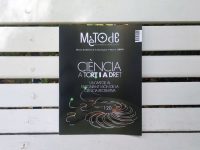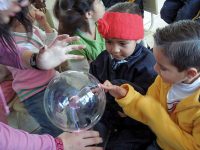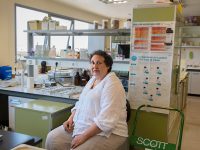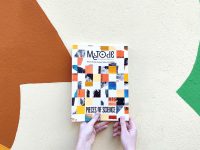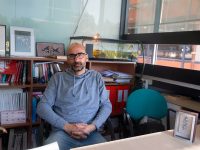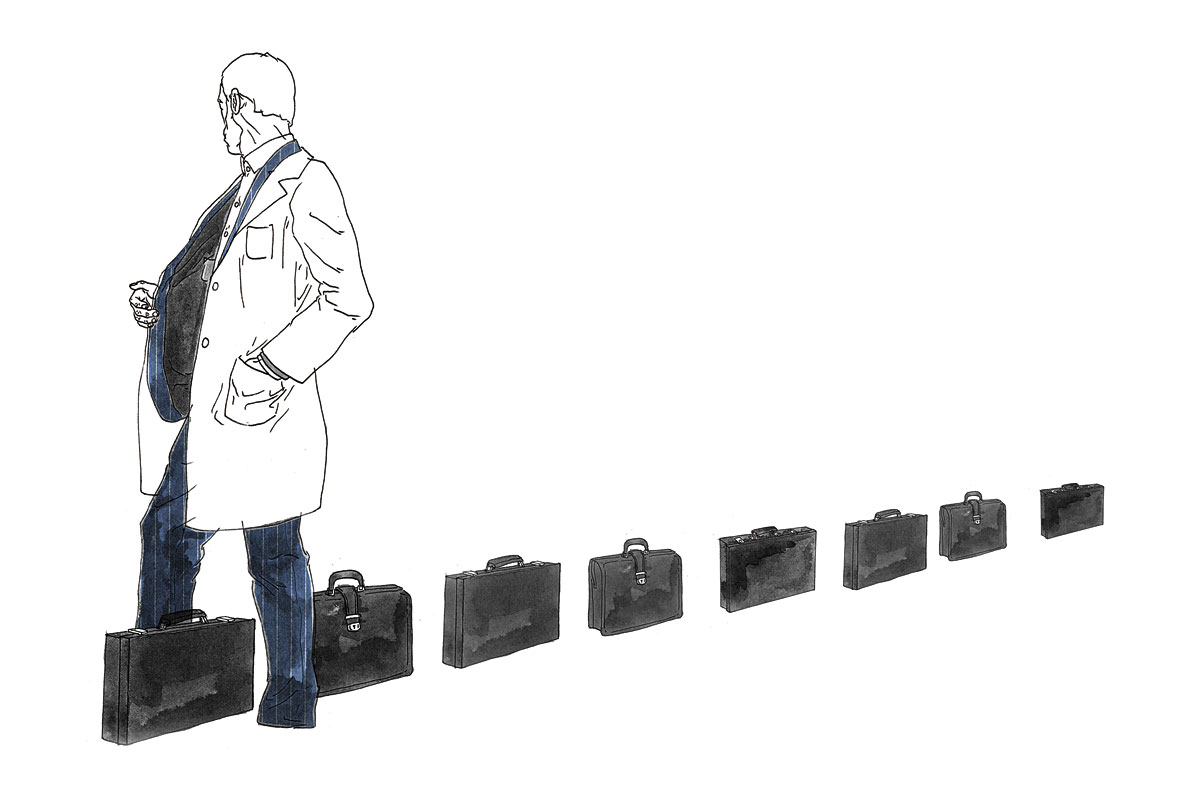
A lawyer has a case first and then looks for evidence to defend it, while a scientist – at least in theory – has evidence first and then concludes a case. The difference is subtle but not trivial.
Just yesterday, in Washington DC, I met a biologist who works for an anti-GMO lobby. Her role as a lobbyist is to try to influence people who have regulatory power over genetically modified crops. While talking to her I realised that she always defended her stance on scientific grounds and cited articles published in leading journals. I do not care about the issue of GM itself, but the problem was that her interpretation of the studies was a tad biased, and even some of the articles she cited have already been retracted (the case of French Seralini).
When I pointed out these facts, she immediately rejected them and countered in a more visceral and biased way. Then I told her that she was not acting as a scientist but as a lawyer, and I quoted what Neil Degrasse Tyson said right at the beginning of the first episode of the new Cosmos: «Test ideas by experiment and observation. Build on those ideas that pass the test, reject the ones that fail. Follow the evidence wherever it leads and question everything. Accept these terms… and the Cosmos is yours.»
It’s a real statement of intent, and a description of how scientific thinking works: first you look for evidence and then you get conclusions or ideas. Just the opposite of what a lawyer or lobbyist does when defending a client: they start from a set of predetermined ideas or conclusions and then look for evidence to back them.
For researchers, doubt is mandatory and their initial assumptions have to be flexible with the experimental results obtained. And if this is not the case, if they are determined to defend them, they will be acting as lawyers, not as good scientists. Thinking scientifically is not so much about having an extensive knowledge of physics or biology, but about being predisposed to modify your ideas.
Instead, a client will not be too happy if their lawyer acts like this and in the middle of the trial, posed with counterevidence, wavers and no longer defends «their» truth. «There are two truths, the real one and the one in the case» and «that which is not in the documents is not in the world», as they say in law degrees. Both statements should raise suspicions in any researcher. Being partial is an obligation to the lawyer and a flaw for a good scientist.
«Does it surprise you that politicians are able to discuss arguments for hours without reaching an agreement? Remember that they are usually lawyers, not scientists»
I am fully aware that neither science nor scientists are as noble as that, and that the work of lawyers is much more complex than this lousy caricature I have done. Sorry for the oversimplification. But it has long fascinated me to reflect on this reverse thinking between the scientist who gets objective conclusions from evidence, and the lawyer who subjectively chooses the evidence to support his conclusions (and even hides, if possible, those that do not). And the reason it mesmerizes me is because I realize how far this scientific thinking is from our lives, and how profoundly lawyer-like we are when we feel, think, decide and argue.
We do not think in terms of what we see; we see in terms of what we think (or feel). Something that seems to be deeply imbued in our nature. It is just like when we say that someone «sees what they want to see». From the mother who will always defend her child, to the member of a football club who will immediately see a penalty or a dive depending on whether the fall is within their team’s area or the rival’s, or the biased judgments we make in certain situations depending on how they affect us personally. We are full of contradictions. Does it surprise you that politicians are able to discuss arguments for hours without reaching an agreement? Remember that they are usually lawyers, not scientists.
And that brings me to one last idea that has not yet passed the experimental filter: it is obvious that people have to defend ideals and science has little to say here, but I have a hypothesis that the world would be a better place if we learned to think more like scientists and less like lawyers, and especially if in the field of politics decisions were based on evidence and not the other way around. It is the only way the Cosmos can be ours.

